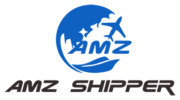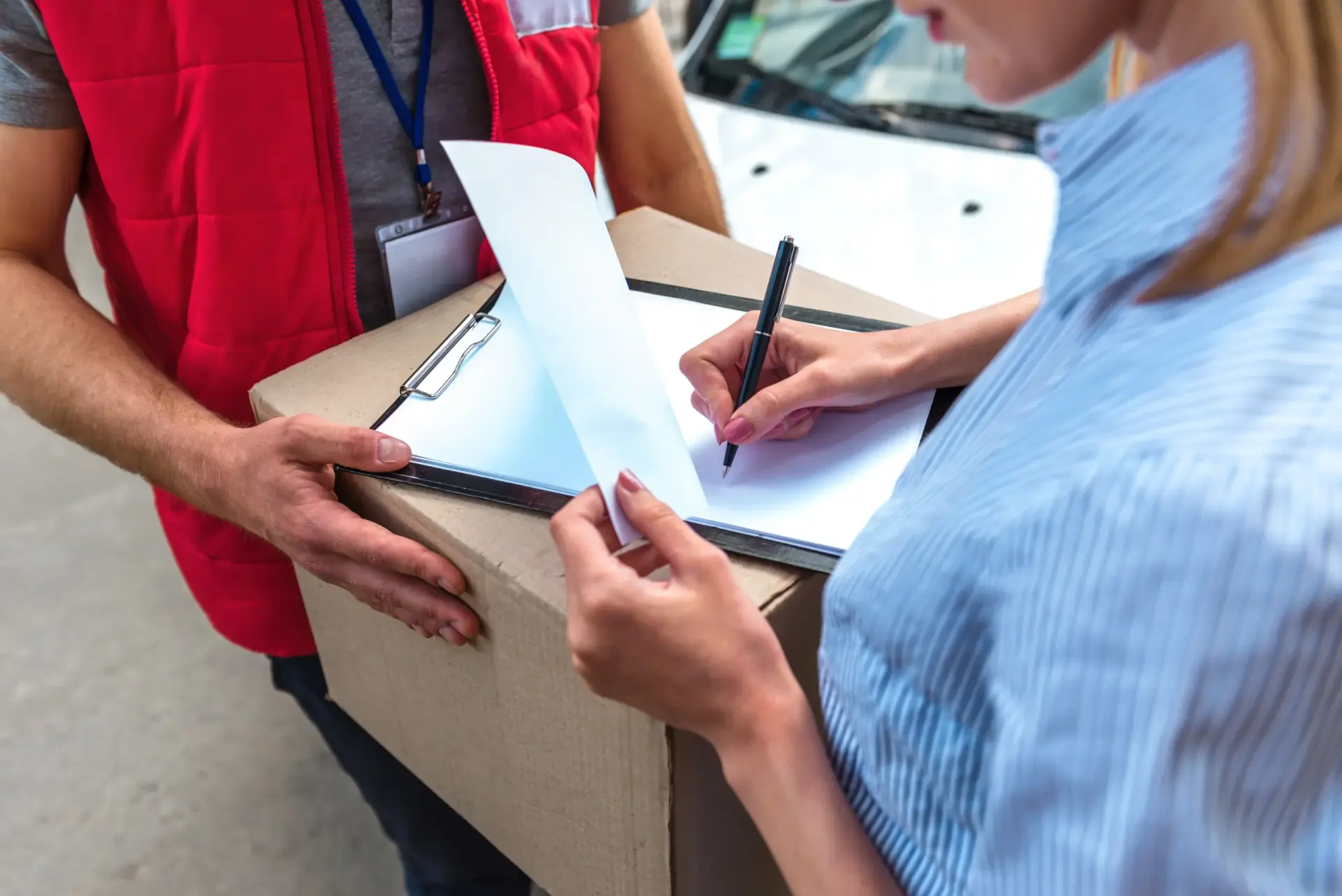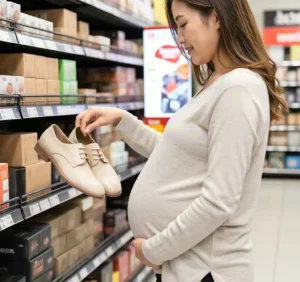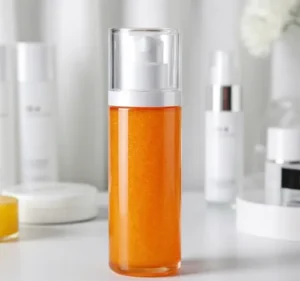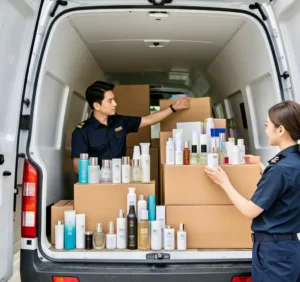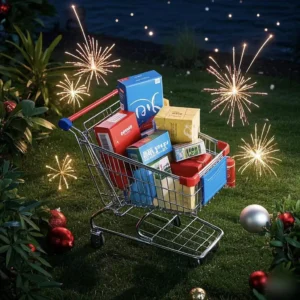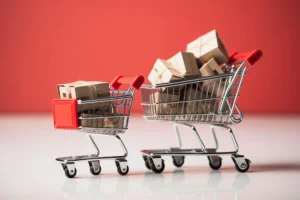U.S. customs clearance places a strong emphasis on infringement issues, including brand infringement, image infringement, watch model infringement, and Disney character toy infringement, among others. This is an area that requires particular attention. If an authorization letter is obtained, it can be declared.
Anti-dumping goods are strictly prohibited from using regular bond customs clearance.
The following chapters are based on the guidance of the Chinese customs codebook.
1. Chapters 1-38: Animal and plant foods, animal and plant products, and chemical agents are all prohibited from customs clearance. Among them, Chapter 34 includes some daily necessities and skin care products that can be cleared, such as hair dye, face wash, masks, bath salt balls, etc. Children’s cosmetics require a cpsc report. Eyeliner paste is a product regulated by the FDA and requires an FDA certificate registration number. Eyeliner pencils can be cleared, but require an FDA file fee. Hair dye pens can be cleared and require an FDA file fee. Foot patches require an FDA certificate registration number.
2. Plastics and rubber products in Chapters 39-40 can be cleared. Polyethylene retail packaging bags (plastic shopping bags/supermarket shopping bags) are subject to anti-dumping measures and cannot be cleared, except for silicone sealing bags. Motor vehicle tires require DOT certification for customs clearance. Baby pacifiers, bottles, etc. require an FDA certificate registration number for customs clearance. Breast pumps require a certification issued by a recognized inspection agency of the CPSC for customs clearance.
3. Fur and hair products in Chapters 41-43 cannot be cleared. Among leather products, only those made from rare animals are prohibited from being cleared, while other leather products are allowed for customs clearance.
4. Wood, bamboo, and grass products in Chapters 44-46: Raw wooden products require fumigation certification for customs clearance, while synthetic wood products are allowed for clearance. Please note that wooden household bedroom products (including beds, wardrobes, vanity cabinets made of either raw wood or synthetic wood) and kitchen shelves are anti-dumping products and cannot be cleared. When declaring wooden products, it is generally recommended to specify the type of wood, such as “Rubber wood” for rubber wood, “Acer Palmatum” for MDF (medium-density fiberboard), “Phyllostachys Heterocycla” for bamboo, and “Phragmites Australis” for scented sticks made of reeds. For other declarations, relevant inspection reports are required. Pencils are not included in this chapter and are anti-dumping items, so they cannot be cleared. Wooden floorboards with more than two layers of composite materials are also considered anti-dumping and cannot be cleared. Cotton swabs are medical products and require an FDA certificate registration number and medical device listing, so they cannot be cleared.
5. Wood pulp products in Chapters 47-49: Books, newspapers, and other publications can be cleared as long as their content is healthy and uplifting. Specifically, notebooks with lined pages are considered anti-dumping items and cannot be cleared, while those with blank pages are allowed for normal customs clearance. Folding gift boxes, crepe paper, and low-weight thermal paper are also anti-dumping and cannot be cleared. Paper products other than those mentioned can be cleared. Test paper is not included in this chapter. (The clearance of test paper depends on the actual situation, and medical test paper cannot be cleared.) Paper straws require FDA code FILE fees.
6. Chapter 50-63: Most textile products can be cleared, but special attention should be paid to the exclusion of canvas, which is an anti-dumping good and cannot be cleared. Used clothing made of textiles is also not allowed for customs clearance. Narrow woven tape and composite woven bags are anti-dumping products and cannot be cleared. Infant clothing, baby carriers, etc., require certifications issued by relevant inspection agencies recognized by the CPSC department for customs clearance. Diaper pads do not require any special certification and can be cleared directly. Vehicle safety belts require DOT certification.
7. Chapter 64-67: Shoes, boots, hats, umbrellas, down comforters, etc., can all be cleared. Fake eyelashes, hair extensions, and other products made of textile materials can also be cleared. However, hairpieces and eyelashes made of human hair are not allowed for customs clearance. Helmets used for vehicles require DOT certification for customs clearance.
8. Chapter 68-71: Stone materials and powdered items cannot be cleared. Ceramic items and glass products are allowed for customs clearance. However, it is important to note that car windshields and enamel kitchenware are anti-dumping goods and cannot be cleared. Pearls, semi-precious stones, and base metal jewelry are allowed for customs clearance.
9. Chapter 72-83: Base metal products can be cleared for customs. Wind towers, round welded austenitic stainless high-pressure casing pipes, steel hubs, galvanized steel wire, non-malleable cast iron pipe fittings, steel screws, stainless steel drawn sinks, iron architectural castings, round welded carbon steel wire pipes, oil-specific tubing, aluminum profiles, tapered roller bearings and components, folding metal seats, steel high-pressure cylinders, steel strands, carbon steel welded joints, round welded carbon steel pipe fittings, steel gratings, floor-mounted metal ironing board tables and components, seamless carbon and alloy steel standard pipeline and high-pressure tubing, art paper, seamless refined copper tubing, steel nails, thin-walled rectangular steel tubing, kitchen racks (drain baskets), cut-to-length carbon steel plates, hot-rolled carbon steel plates, paper clips, steel wire hangers (fully steel), and if plastic or other materials account for a large proportion and steel wire accounts for a small proportion, they are not subject to anti-dumping measures. For anti-dumping goods, it is important to note that steel and copper pipes are likely to be subject to anti-dumping measures and cannot be cleared for customs. Steel wire requires an import license (applied by the exporting factory) for customs clearance. Household kitchen knives (blade length not exceeding 18cm, for knives exceeding this length, please consult) can be cleared for customs, but other knives with offensive capabilities cannot be cleared, for example, switchblades, daggers, trident knives, throwing knives, butterfly knives, samurai swords, folding knives, outdoor survival knives, and other aggressive cutting tools cannot be cleared for customs. Manual tools that come into contact with the skin, such as tattoo pens, tattoo needles, and spot removal pens, require an FDA certificate registration number and medical device listing.
10. Chapters 84-89, which cover machines and parts, nuclear reactors and their parts, are strictly prohibited from customs clearance. Household boilers and some parts may be cleared, while diesel/gasoline engine equipment, retail auto parts, gases, water treatment equipment, etc., may also be cleared. These items require EPA certification, and water treatment equipment requires an FDA certificate registration number. Household small appliances and office small appliances (printers, scanners, telephones, etc.) can also be cleared normally. If the packaging, instructions, and products themselves of household small appliances are stamped with CE, UL, or other certifications, the relevant certifications must be provided. Except for electric toothbrushes, which require an FDA certificate registration number and medical device listing, Bluetooth products such as headphones, music flowerpots, wireless speakers, car receivers, transmitters, sports bracelets, etc., require BQB certification before they can be cleared (and the certificate must match the product packaging, which should include manufacturer information). HDMI products such as projectors, HDMI cables, and set-top boxes require HDMI authorization certificates for customs clearance. (Moreover, the certificate must match the product packaging, which should include manufacturer information, for the products to be cleared normally.) Solar products have a maximum area of 10,000 square millimeters; any products exceeding this size are considered anti-dumping products and cannot be cleared. Motor vehicle parts such as brake hoses, brake fluid, lighting, tires, seatbelts, seats, helmets, triangle warning signs, engines, motors, bumpers, etc., require DOT certification for customs clearance. Bicycles (excluding electric bicycles) and bicycle accessories can be cleared. Electric bicycles and electric scooters can be shipped as well, provided that the batteries are not imitation brands. If the batteries are branded and have authorization, an MSDS report is required for customs clearance. If the product packaging or instructions bear UL or CE certifications, the relevant certifications must be provided. However, batteries require UN38.3 and MSDS test reports for air transportation. Balance bikes require UL certification, UN38.3 (United Nations Manual of Tests and Criteria for the Transport of Dangerous Goods), MSDS (Hazardous Materials Certificate), and UL 2272 certification for customs clearance. Keyboards with Microsoft-branded keys require a Microsoft authorization letter for customs clearance; otherwise, they are considered infringing goods.Baby strollers and carriages require a certificate issued by a relevant inspection agency recognized by the CPSC for customs clearance.
11. Chapters 90-92: For sunglasses, optical glasses, and lenses for nearsightedness or farsightedness, FDA certificate registration number + drop test certificate are required. Cameras, projectors, and their parts can be cleared through customs normally. Products containing laser ray, such as rangefinders, laser flashlights, etc., require FDA certificate registration numbers to clear customs. Instruments with lasers, blue light, or infrared also require FDA certificate registration numbers. Medical instruments and equipment are strictly prohibited from customs clearance and shipment. Home use thermometer, blood pressure monitor, and dental cleaning equipment can be cleared through customs, but FDA certificate registration number + medical device + 510K are required. Massage devices can be cleared through customs normally, but the outer packaging cannot contain words such as “treatment” or “medicine”. Otherwise, FDA certificate registration number + medical device + 510K are also required for customs clearance. Watches, clocks, and small musical instruments can be cleared through customs normally. Car safety seats require DOT certification for customs clearance.
12. Chapter 93: Weapons and ammunition are strictly prohibited from customs clearance.
13. Chapters 94-95: Furniture and bedding products, wooden (natural or synthetic) furniture for bedrooms are all anti-dumping items and cannot be cleared through customs.
Toys, game equipment, and sports goods: Toys for children under 12 years old, especially plush toys, require relevant testing certificates for customs clearance. In fact, even if the certificates are provided, it does not guarantee customs clearance upon arrival in the United States. The Consumer Product Safety Commission (CPSC) will take a sample for testing. If the test is passed, the goods will be released; if not, the shipment will be confiscated. Game equipment and sports goods can be cleared through customs normally. Adult products require FDA code file fees. Finger spinner products that infringe upon intellectual property cannot be cleared through customs.
14. Chapter 96: Miscellaneous Items: Models made from animal teeth and plants are not allowed for customs clearance. Paraffin products are subject to anti-dumping measures and cannot be cleared through customs. Except for natural bristle oil paint brushes and brush heads (these are anti-dumping items and cannot be cleared), all other types of brushes can be cleared normally. Pens, except for those containing carbon graphite such as pencils and sketch pens, and pens containing paraffin such as crayons (these are anti-dumping items and cannot be cleared), can be cleared. Lighters, whether they contain gas or not, can be cleared normally, and so can electronic lighters. Regarding e-cigarettes, an FDA certificate registration number is required. Currently, e-cigarettes are classified as tobacco products, and importers require a tobacco import permit to distribute them. Headwear and models can be cleared normally. Toothbrushes (including pet toothbrushes), sanitary napkins, diapers, and similar items that directly come into contact with the mouth or skin require an FDA certificate registration number for customs clearance. Activated carbon and bamboo charcoal packets are subject to anti-dumping measures.
15. Chapter 97-98: Art and Antiques – Oil paintings and other paintings made of textile materials are considered anti-dumping products and cannot be cleared through customs. Commemorative coins or game coins must be clearly distinguishable from genuine circulating currency to be cleared. Antiques are not allowed for customs clearance.
16. Requirements for clearing anti-dumping goods:
1. Anti-dumping goods require specialized bond clearance and cannot use overseas bonds. They must use bonds issued within the United States.
2. A certain security deposit is required to apply for this specialized bond.
3. If the tariff rate increases within 5 years after the declaration of anti-dumping goods and tariffs have been paid, additional tariffs may be required.
The product mentioned above, which requires an FDA certificate registration number, must meet the following conditions:
1. The company name on the product packaging must match the company information on the FDA certificate.
2. The registered company on the FDA certificate must be indicated as the exporter on the bill of lading, and the FDA registered company must be declared as the shipper on the invoice for customs clearance (exporter qualification).
3. The recipient needs to be added to the FDA registration certificate (Importer qualification, which is generally not achievable).
For more information pls check with AMZ Shipper
